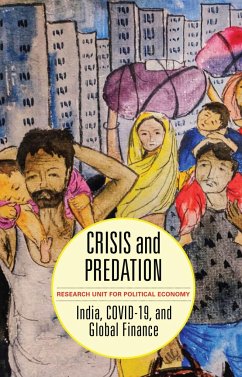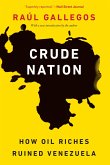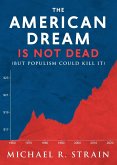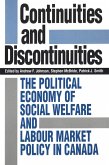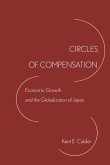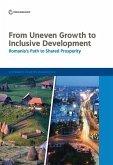How India's COVID-19 lockdown is creating an unprecedented humanitarian disaster With the advent of COVID-19, India's rulers imposed the world's most stringent lockdown on an already depressed economy, dealing a body blow to the majority of India's billion-plus population. Yet the Indian government's spending to cushion the lockdown's economic impact ranked among the world's lowest in GDP terms, resulting in unprecedented unemployment and hardship. Crisis and Predation shows how this tight-fistedness stems from the fact that global financial interests oppose any sizable expansion of public spending by India, and that Indian rulers readily adhere to their guidance. The authors reveal that global investors and a handful of top Indian corporate groups actually benefit from the resulting demand depression: armed with funds, they are picking up valuable assets at distress prices. Meanwhile, under the banner of reviving private investment, India's rulers have planned giant privatizations, and drastically revised laws concerning industrial labor, the peasantry, and the environment-in favor of large capital. And yet, this book contends, India could defy the pressures of global finance in order to address the basic needs of its people. But this would require shedding reliance on foreign capital flows, and taking a course of democratic national development. This, then, is a pursuit, not for India's ruling classes, but a course of struggle for India's people.
Hinweis: Dieser Artikel kann nur an eine deutsche Lieferadresse ausgeliefert werden.
Hinweis: Dieser Artikel kann nur an eine deutsche Lieferadresse ausgeliefert werden.

